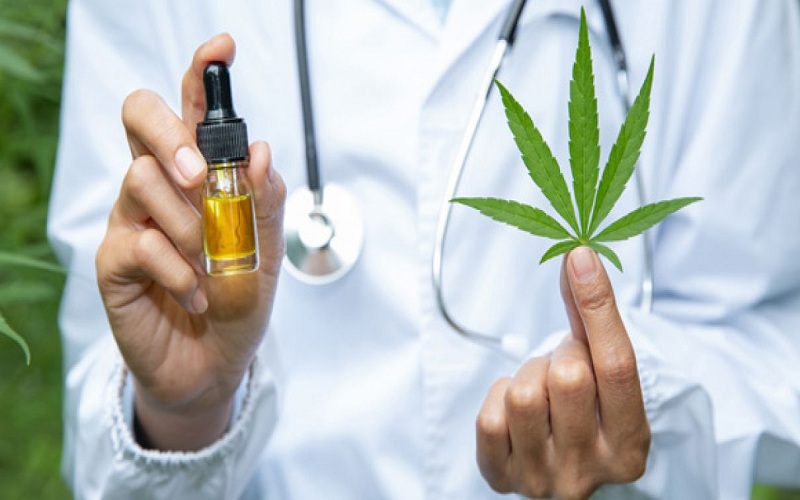Do you feel like bumping your acne spots because you are tired of seeing them in the mirror? You are not alone. Everybody wants their face to be clear. Alas, that’s not always the case. Acne is a common skin ailment that can result in painful bumps and pimples. It is characterised by inflamed, painful pimples, pustules, and bumps. While traditional acne treatments are available, there is some promising evidence that CBD may help reduce the amount and severity of acne.
CBD, or cannabidiol, is a natural chemical found in the Cannabis sativa plant. Although it is only one of over 100 chemicals found in cannabis, it offers numerous potential health benefits. Can CBD oil India be used to treat acne?
How does CBD help to heal acne-prone skin?
Acne is caused by a variety of reasons, including excessive sebum production, hormone imbalances, and heredity. Other factors, including food, stress levels, and some drugs, may potentially worsen a person’s symptoms.
Before understanding how CBD works, it is important to understand what Sebum is. Sebum protects our skin from the elements. It can, however, combine with dead skin cells, dirt, or other contaminants and become trapped within a pore. This plugged pore develops into acne.
CBD was studied for its effect on sebocytes, which are the cells that create the oily, waxy sebum that causes acne. Acne is more likely to happen in people who produce too much sebum. The study in the West discovered that CBD prevented cells from overproducing sebum, which may aid in acne treatment.
Cannabidiol (CBD) may help reduce inflammation and the amount of sebum produced by the skin, resulting in reduced acne. They also discovered that CBD oil India induced an anti-inflammatory response in the cells and inhibited the activation of inflammatory cytokines. Because cytokines can cause acne, decreasing them may help prevent future breakouts.
However, while CBD’s anti-inflammatory effects and capacity to lower sebum production appear promising, few research on CBD’s effect on acne has been conducted. While CBD may improve acne, it is crucial to remember that more research is needed to discover exactly what effect CBD has on acne and what adverse effects may occur.
Because of its capacity to alter how the body produces sebum, CBD oil may help reduce various types of acne.
How to Apply
Simply mix CBD oil with a carrier oil and apply it directly to the skin. It is important to begin with a carrier oil that is compatible with the individual’s skin. In some circumstances, taking CBD orally may assist with acne since the anti-inflammatory components are still active after they enter the body.
Not just for Acne, CBD can be used for skin diseases as well
CBD’s anti-inflammatory qualities may also aid in the treatment of various skin diseases.
Eczema and psoriasis: The anti-inflammatory ingredient may help some people reduce potential eczema and psoriasis triggers. CBD may also aid in the regulation of the immune system. These similar advantages may help soothe sensitive skin and reduce the appearance of overall irritation.
Antioxidant support: CBD has anti-inflammatory and antioxidant properties, which may boost general skin health and minimise age lines and wrinkles. However, many other antioxidants, such as those found in vitamin E and fruits, are more readily available than CBD oil.
So we are saying
Acne is the most frequent skin condition among humans. Most people have acne at some point in their lives, whether on a sporadic or daily basis. Acne may be aggravating for people and new natural acne treatments are always welcome. There is some evidence that CBD oil can help with acne and other skin disorders. CBD can be applied topically to breakouts, but it can also be taken orally for long-term prevention. Before buy cbd oil in India or any CBD-based products, it is also important to ascertain that the manufacturer has performed third-party laboratory tests to confirm the CBD level of the product.

